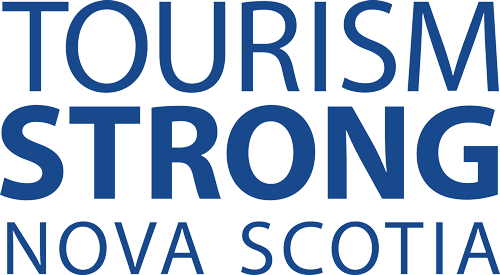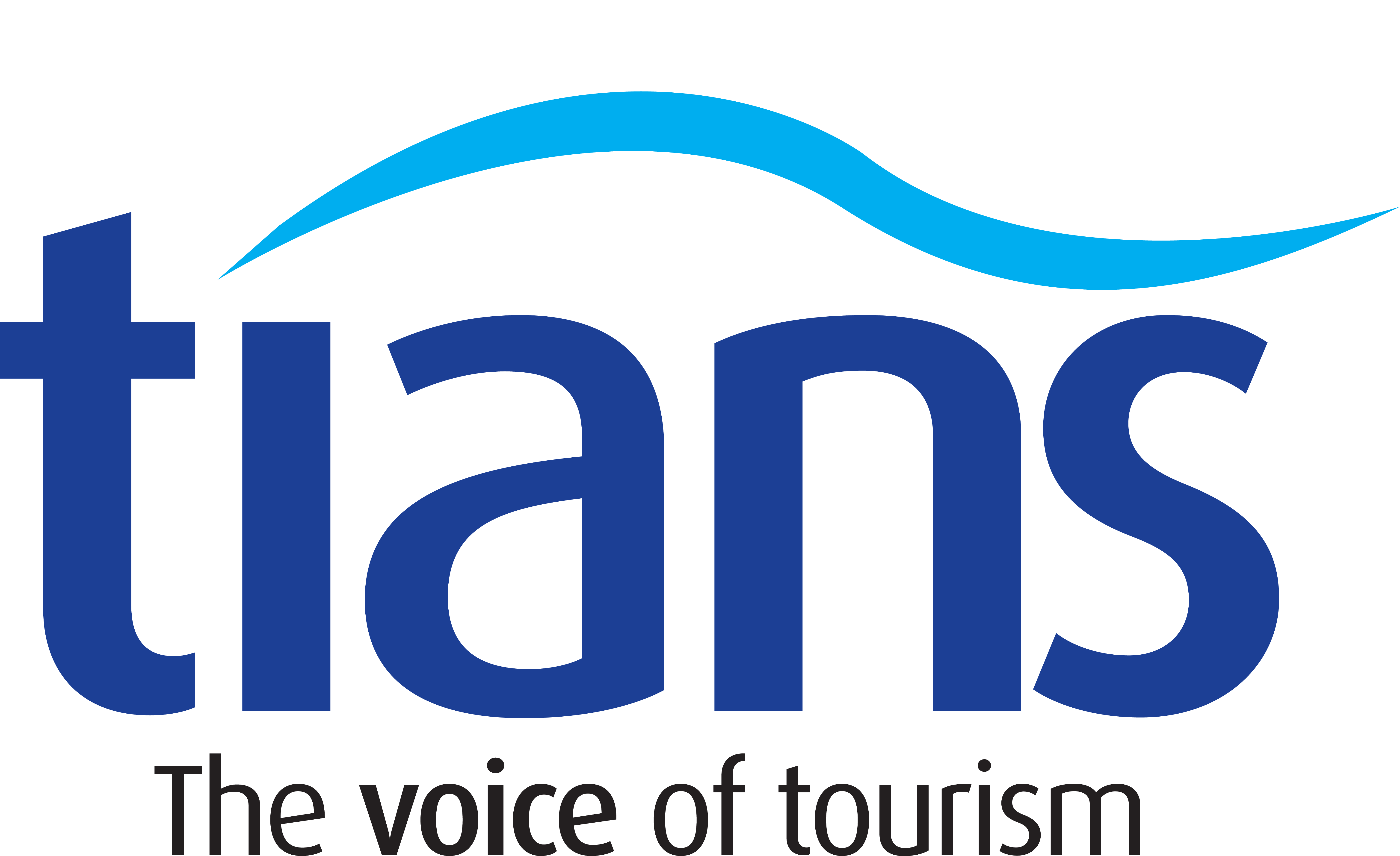Provincewide COVID-19 restrictions will be eased over three phases, starting Monday, February 14.
“While we still need to be cautious, things are moving in the right direction and we can start to slowly ease restrictions,” said Premier Tim Houston. “We ask Nova Scotians to continue following the public health measures as we work through these phases together and move toward a state of living with COVID-19.”
In Phase 1, events will be allowed again, gathering limits will increase and all border restrictions for domestic travellers will be lifted. In Phase 2, gathering limits will be further increased. In Phase 3, there will be no more gathering limits or physical distance requirements.
Throughout the first two phases, masks will continue to be required in indoor public places and proof of full vaccination will continue to be required for discretionary activities. These restrictions may also continue in Phase 3, depending on epidemiology.
Each phase is expected to last about a month. Moving to the next phase will depend on epidemiology, hospitalizations, case activity in long-term care facilities and employee absenteeism.
“As always, we aim to strike the balance between measures that help limit the spread of the virus and allowing our society and economy to function,” said Dr. Robert Strang, Chief Medical Officer of Health for Nova Scotia. “As we ease restrictions, we’ll monitor closely and make adjustments to our plans if necessary.”
Details of the restrictions in each phase are at: https://novascotia.ca/reopening-plan/
Phase 1 will start at 12:01 a.m. Monday. Some of the key changes in this phase are:
Border Restrictions
- all border restrictions for domestic travellers entering Nova Scotia will be lifted; there will be no isolation requirements or Nova Scotia Safe Check-in form
- international travelers will continue to follow federal rules.
Gathering Limits
- the informal gathering limit indoors and outdoors will be 25 people from the same household or close social group; physical distance and proof of full vaccination are not required; masks are not required except in indoor public places
- the formal gathering limit for gatherings and events hosted by a recognized business or organization will be 50 per cent of capacity indoors and outdoors
- examples of formal gatherings include festivals, special events, social gatherings, regular faith services, wedding ceremonies, funeral ceremonies and associated visitation, receptions, meetings, training, and spectators at sports events, performances and movie theatres.
Sports, Arts and Culture
- professional and amateur sports participants (like players, coaches and referees) and arts and culture participants (like actors, performers and directors) are limited to 60 indoors and outdoors
- they can have practices, training, regular league games, rehearsals and performances; tournaments are not allowed
- physical distance is not required; masks are recommended when possible indoors and outdoors
- spectators are allowed following the formal gathering limit.
Faith Services, Weddings and Funerals
- regular faith services, weddings, funerals and associated receptions and visitation hosted by a recognized business or organization follow the formal gathering limit
- performers follow limits for arts and culture participants and masks are recommended for choirs; congregational singing is allowed, but masks are required
- proof of full vaccination remains in place for weddings, funerals and associated receptions and visitation
- there is an exception – funerals with up to 25 people without proof of full vaccination are permitted, but masks and physical distance are required.
Fitness, Recreation and Leisure
- fitness, recreation and leisure businesses and organizations can operate at 75 per cent capacity
- these limits apply to fitness facilities like gyms, yoga studios, pools and arenas; to recreation and leisure activities like dance and music lessons, indoor play places, arcades, shooting ranges, dog training; and to museums and libraries
- personal training is allowed with as much physical distance as possible
- day camps and before and after school programs can operate with groups of up to 30 campers, staff and volunteers.
Businesses
- retail businesses and malls can operate at the maximum capacity possible with physical distance and masks
- personal services like hair salons can resume offering services that require removing masks; they can already operate at the maximum capacity possible with physical distance
- food establishments and liquor-licensed establishments can operate at 75 per cent capacity; they must have physical distance between tables and there is a limit of 25 people per table; they must stop dine-in service by midnight and close by 1 a.m.; takeout, drive-thru and delivery can operate later; performers follow the limits for arts and culture participants.
Education
- enhanced public measures, such as classroom cohorts and not allowing non-essential visitors, will remain in effect in all schools
- singing and use of wind instruments can resume
- schools will follow the community guidelines on sports, arts and culture, but spectators will only be permitted after school hours.
Long-Term Care
- residents can have any two visitors at a time – they no longer need to be the same two visitors
- visitors must still wear masks and be fully vaccinated, except for end-of-life visits
- even if they are fully vaccinated, residents can only leave the facility for medical appointments or for a drive in a facility or visitor’s vehicle with no stops and no contact with other people outside the facility
- only residents who are eligible and have had a booster dose can access service providers for recreational activities and personal services like hairstyling
- facilities may continue to have residents in consistent groups for dining and activities.
Additional Resources:
Nova Scotia coronavirus website: https://novascotia.ca/coronavirus/
COVID-19 testing and online booking: https://novascotia.ca/coronavirus/symptoms-and-testing/
Government of Canada: https://canada.ca/coronavirus or 1-833-784-4397 (toll-free)
The Mental Health Provincial Crisis Line is available 24/7 to anyone experiencing a mental health or addictions crisis, or someone concerned about them, by calling 1-888-429-8167 (toll-free)
Anyone with a non-crisis mental health or addiction concern can call Community Mental Health and Addictions at 1-855-922-1122 (toll-free) weekdays 8:30 a.m. to 4:30 p.m.
Kids Help Phone is available 24/7 by calling 1-800-668-6868 (toll-free)
For help or information about domestic violence 24/7, call 1-855-225-0220 (toll-free)

